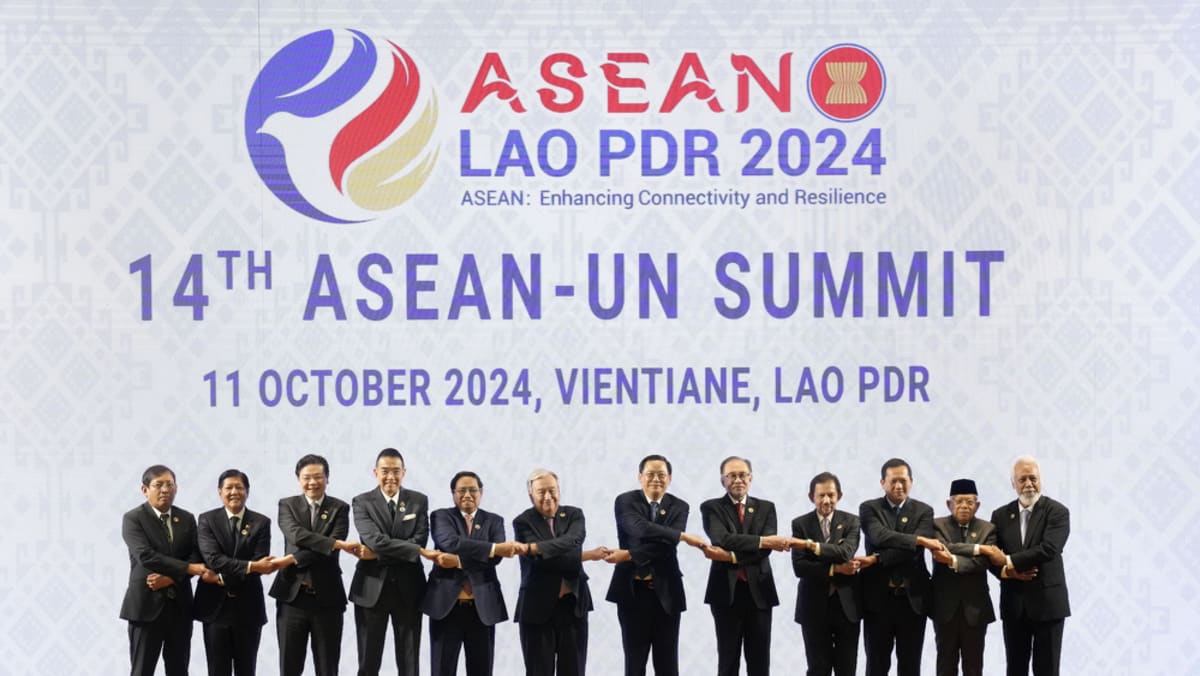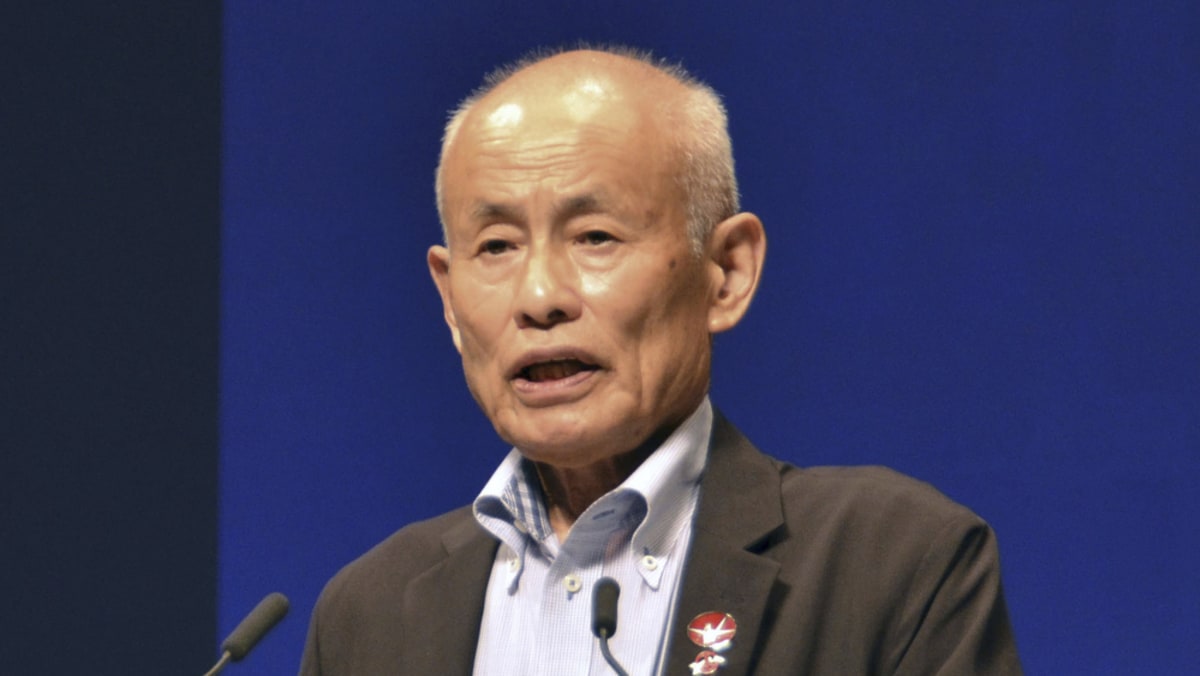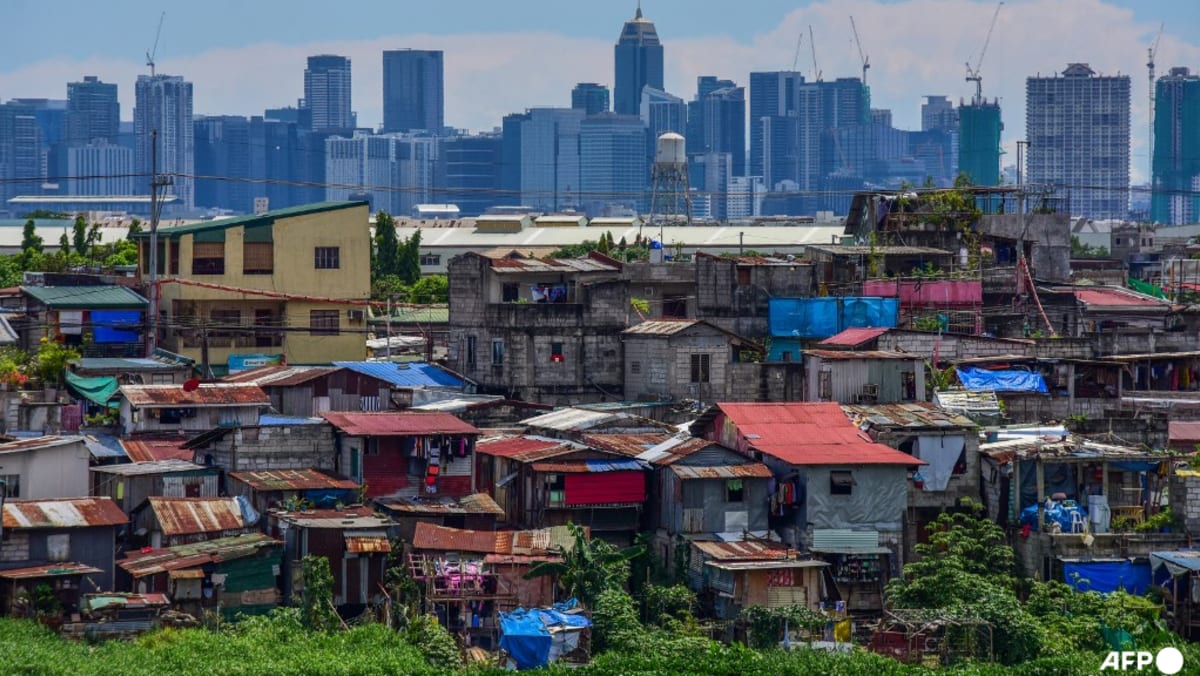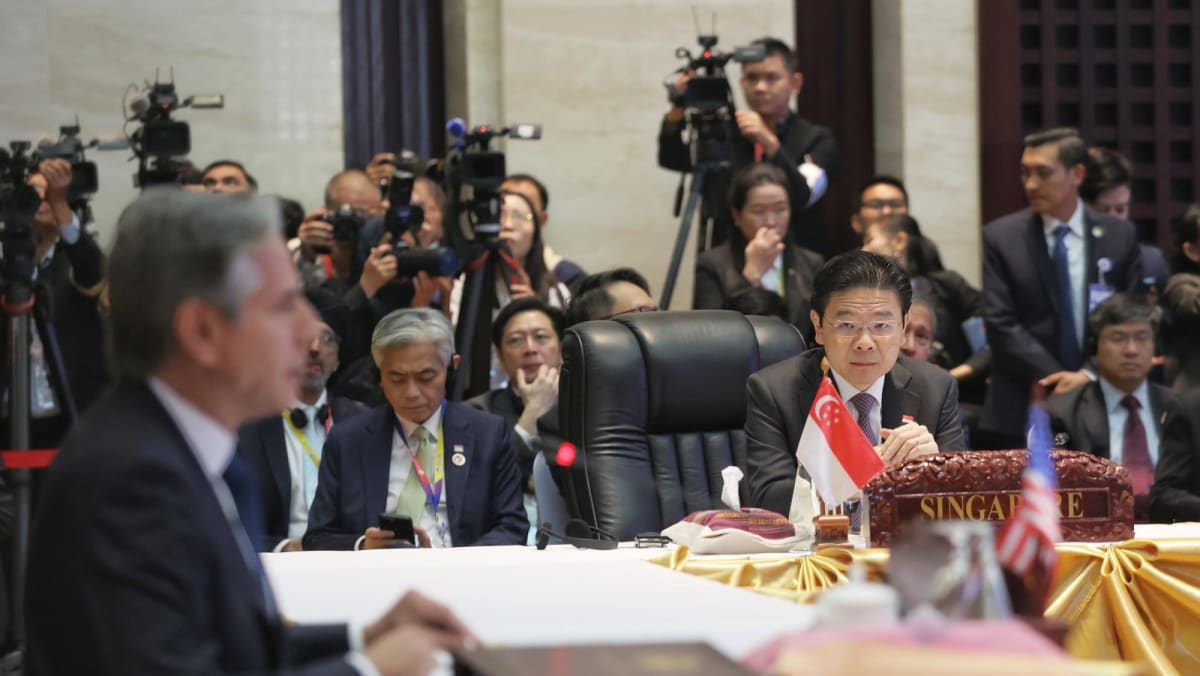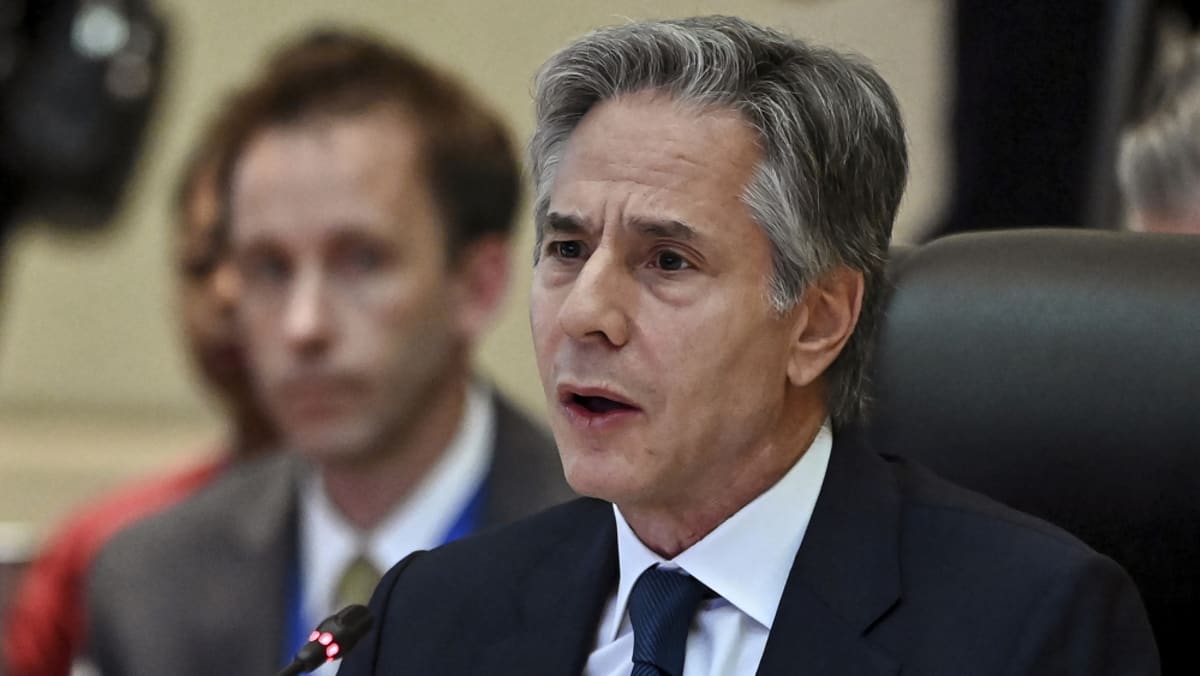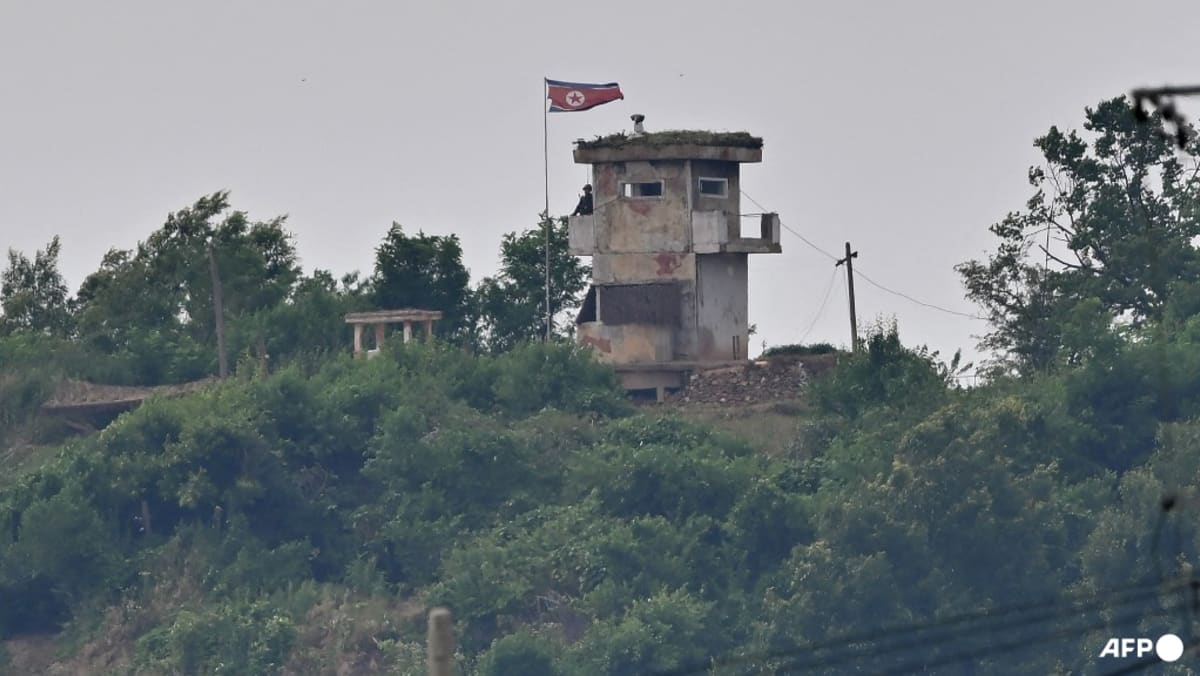Ms Sharon Seah, a senior fellow at the ISEAS-Yusof Ishak Institute’s ASEAN Studies Centre, said: “This is an outdated Cold War view of the region being played around by the powers. Southeast Asia is no longer a battleground for external powers.
“ASEAN has a track record of deciding how and when it wants to engage with external partners … using a mixture of diplomatic, political and economic cooperation.”
ECONOMIC COOPERATION
Regional security issues aside, ASEAN and China deepened economic ties by committing to an upgrade of their free trade agreement.
Leaders said they expect to conclude negotiations on the ASEAN-China Free Trade Area (ACFTA) next year.
Since the two sides signed the pact in 2010, the bloc’s trade with China has more than tripled from US$235.5 billion to US$696.7 billion last year.
Analysts said the sheer amount of economic benefits is a key reason why many members of the group have been reluctant to push back on Beijing’s actions in the South China Sea.
Independent political analyst Adib Zalkapli said Southeast Asia is well positioned to benefit economically from geopolitical rivalry, amid increasing efforts by bigger powers to try and gain greater influence in the region.
“China provides a substantial amount of development finance, particularly in infrastructure, to Southeast Asia. But increasingly, Japan, the US, the EU, etc are (also) increasing their levels of development finance to (countries in the region),” he said.
However, he cautioned that this also puts Southeast Asian nations at the epicentre of a potential flashpoint.
“(Southeast Asia) is being very careful to hedge its strategy between rival groups. It has to tread very carefully … (especially) in the South China Sea … as a false move could potentially lead to a hot conflict,” he told CNA938.
Furthermore, amid campaigns to “de-risk” supply chains from China, Southeast Asia has emerged as an alternative source of exports.
“Enhancing trade relations with China has meant that Southeast Asia is now better positioned, and Chinese investments are moving to (the region), leading to very substantial increases in exports from Southeast Asia to advanced economies,” Mr Zalkapli added.
“This integration of trade benefits Southeast Asia, benefits China and benefits the advanced economies. This is, in a sense, a win-win-win for all three groups.”
MYANMAR CONFLICT
On Myanmar, ASEAN leaders condemned the military government’s efforts to achieve peace as “substantially inadequate”, urging all sides to halt violence and attacks on civilians.
They also demanded it take steps to implement the so-called Five-Point Consensus, a peace plan agreed upon by all leaders of the bloc but largely ignored by the junta.
Mr Zalkapli said the grouping’s principles of non-interference and consensus-based decision-making restrict the bloc from playing a forceful role in getting the junta to reduce bloodshed and introduce genuine open elections.
Southeast Asian leaders have long pushed for wider efforts to resolve the crisis, but a peaceful resolution remains elusive, putting the bloc’s credibility and ability to respond decisively to internal problems on the line.
Incoming ASEAN Chair Malaysia will be the fifth chairmanship to deal with Myanmar since the coup in 2021 resulted in the humanitarian crisis.
For a start, Malaysia will need to find a viable pathway to bring all parties in Myanmar’s ongoing civil war to the table, said Ms Seah.
“The only way for ASEAN to be relevant is … by solving this internal challenge. Myanmar’s troubles are affecting unity, and could spill over to (affect) regional security,” she added.
MALAYSIA AS NEXT ASEAN CHAIR
As the summit wrapped up, Laos Prime Minister Sonexay Siphandone passed the symbolic gavel to his Malaysian counterpart Anwar Ibrahim.
Analysts said there are high expectations for Malaysia, both as a founding member of the bloc and Mr Anwar’s experienced hand in international affairs.
Mr Zalkapli said that Malaysia is expected to be far more assertive than Laos, which has tried to steer itself away from many of the contentious issues affecting the bloc.
“Anwar is a very forceful individual. He’s made his foreign policy priorities very clear. I (expect) a more active role on foreign policy concerns,” he said.
“The West can expect a somewhat rougher ride with Anwar … in the coming year.”
Ms Seah said Mr Anwar will have his hands full, with top priorities to strengthen unity within the bloc and delicately balance ASEAN’s economic relationship with China, as well as security concerns in the South China Sea.
She said Malaysia also needs to accelerate the pace of economic integration by concluding the digital economy framework agreement, upgrading various free trade agreements, and articulating an ASEAN post-2025 vision.





